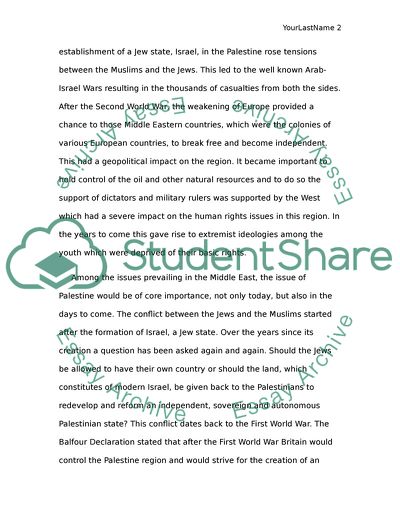Cite this document
(Middle East and International Relations Term Paper - 1, n.d.)
Middle East and International Relations Term Paper - 1. Retrieved from https://studentshare.org/politics/1762731-middle-east-and-international-relations
Middle East and International Relations Term Paper - 1. Retrieved from https://studentshare.org/politics/1762731-middle-east-and-international-relations
(Middle East and International Relations Term Paper - 1)
Middle East and International Relations Term Paper - 1. https://studentshare.org/politics/1762731-middle-east-and-international-relations.
Middle East and International Relations Term Paper - 1. https://studentshare.org/politics/1762731-middle-east-and-international-relations.
“Middle East and International Relations Term Paper - 1”, n.d. https://studentshare.org/politics/1762731-middle-east-and-international-relations.


